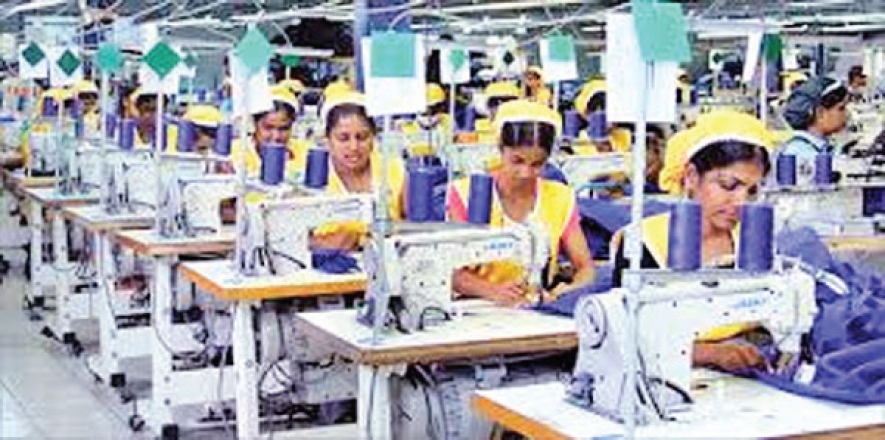According to the International Trade Centre, Vietnam, Pakistan and Cambodia all trailed Sri Lanka in 2009, with EU exports at US$ 2.1 billion, US$ 1.5 billion and US $ 1.09 billion, respectively, against Sri Lanka’s US$ 2.3 billion. However by 2015, Vietnam’s apparel exports to the EU had risen to US$ 3.9 billion, Pakistan’s to US$ 2.9 billion and Cambodia’s to US$ 3.7 billion, with Sri Lanka trailing at US$ 2.4 billion.
The European Union (EU) reinstated the EU GSP Plus facility to Sri Lanka with effect from May 19, 2017. Importantly, this will provide Sri Lankan exports a level playing field with other countries such as our neighbors from Bangladesh & Pakistan, and several countries from Africa and South America who enjoy preferential market access.
The additional tariff concession gained by sectors varies – in many apparels categories duties are cut from 9.6 percent to zero, in the seafood sector from 18.5 percent to zero, in the fresh and processed fruits and vegetable sector from 12.5 percent to zero, in the porcelain and ceramic ware sector from 8.4 percent to zero and in the toy products sector from 1.2 percent to zero.
Apparel is by far Sri Lanka’s export to the EU.
Sri Lanka will continue to be eligible for GSP Plus as long as the periodic reviews (the first one coming in less than a year) by the EU do not raise any red flags with regard to the implementation of agreed human rights and governance reforms.According to the Ministry 12 months after regaining GSP+, overall, EU exports were up by 11% in the 12 months after regaining GSP.Apparel volume growth has outstripped revenue by 1-2%, suggesting modest sharing of pricing benefit with customers.In the last two months’ exports have been strong. An estimate of the increase in jobs for the apparel sector along is at least 7,500.
“Sri Lanka has already achieved an increase in exports of US$150m which is one third of the target of US$ 500 million increment for the apparel sector.In addition other notable export growth sectors are fisheries and tyres too shave shown positive results. Fisheries volume of exports has literally doubled since the removal of the fish ban and regaining GSP plus – business links restored and new orders received.Rubber tyres and gloves volume growth is lower than value, suggesting benefits from pricing increases and/or the strengthening Euro.



















